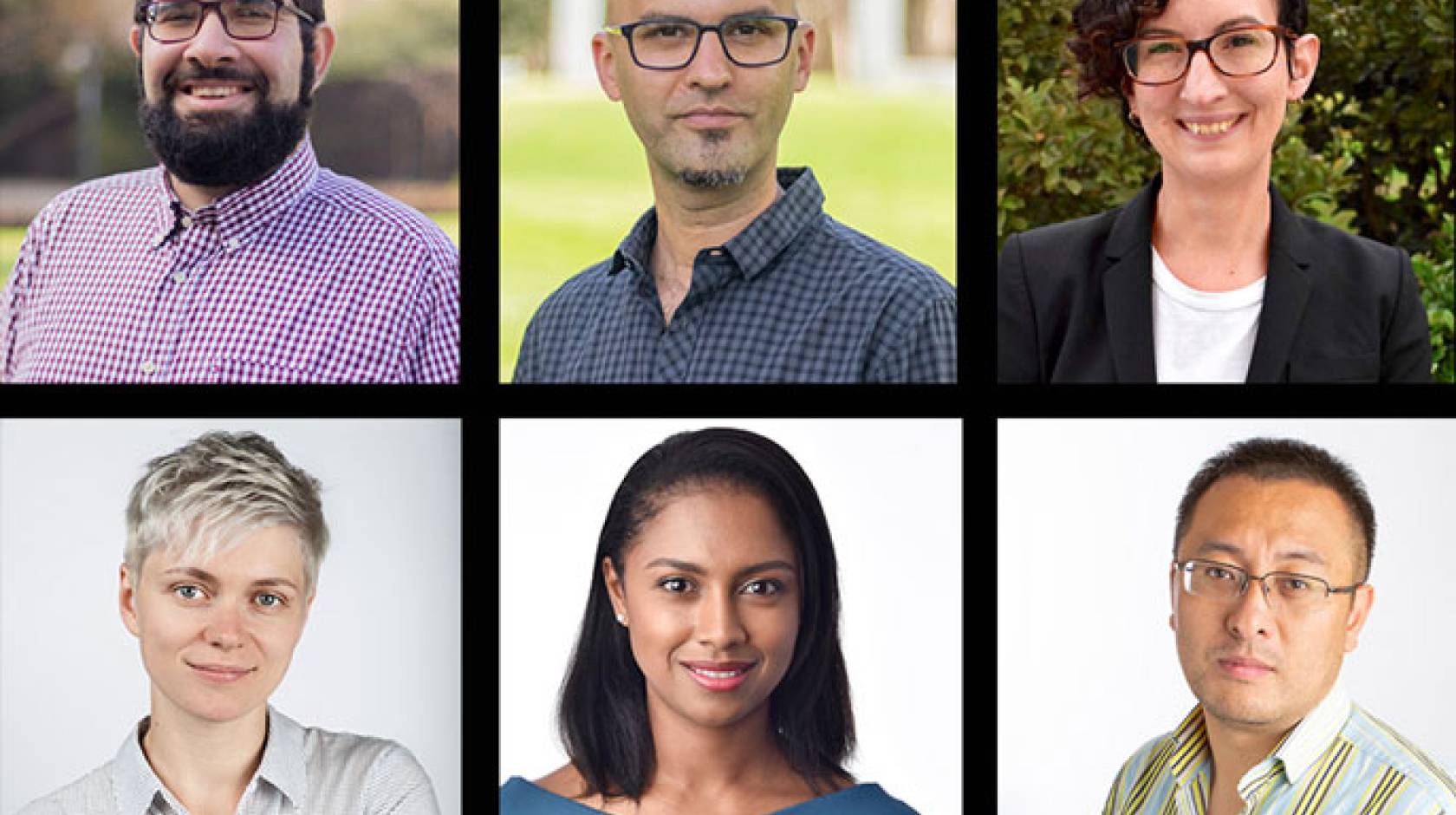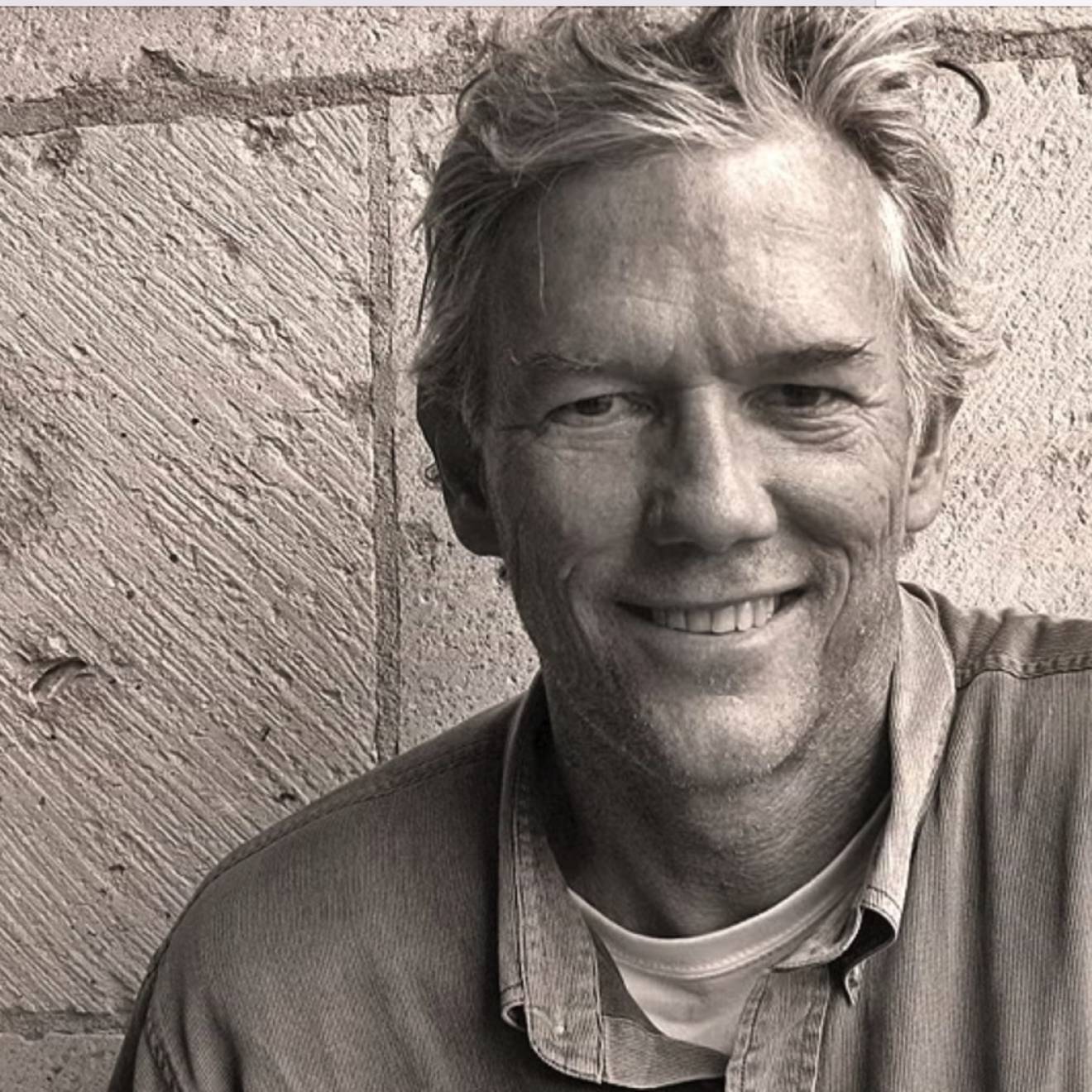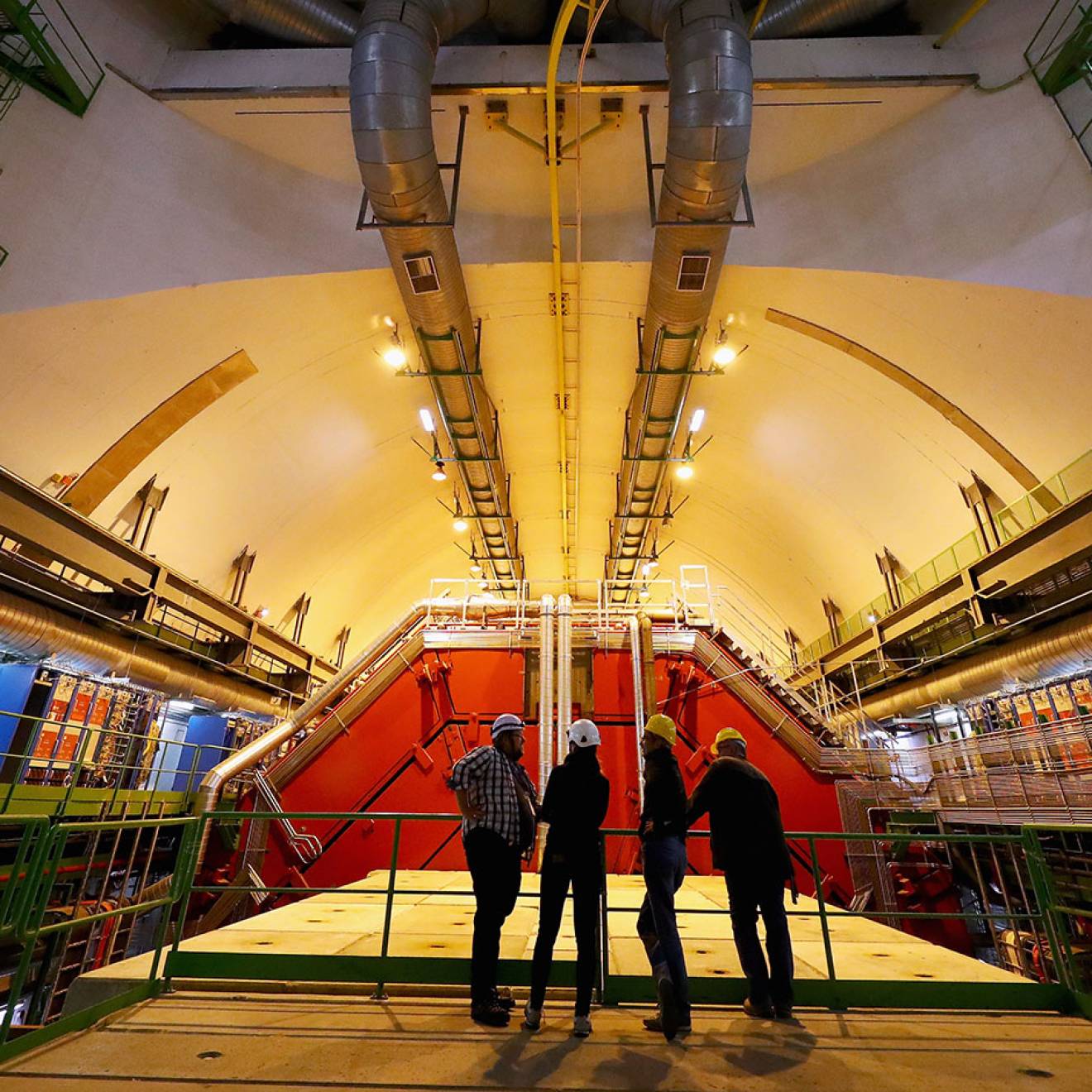Carolyn McMillan, UC Newsroom

Twenty early-career faculty from across the University of California have been named 2020 Sloan Research fellows, an honor that is often a hallmark of future greatness.
UC’s fellows are among a class of 126 from 60 colleges and universities across the United States and Canada announced Feb. 12 by the Alfred P. Sloan Foundation. Winners receive a two-year, $75,000 fellowship, which can be spent to advance their research.
UC campuses dominated the list of winners, accounting for 15 percent of all Sloan Fellows. UC Berkeley had nine winners, UC San Diego had six, UCLA had four and UC Davis had one.
“To receive a Sloan Research fellowship is to be told by your fellow scientists that you stand out among your peers,” said Adam F. Falk, president of the Alfred P. Sloan Foundation. “A Sloan Research fellow is someone whose drive, creativity and insight makes them a researcher to watch.”
The Sloan Research fellowships are open to scholars in eight scientific and technical fields: chemistry, computer science, economics, mathematics, computational and evolutionary molecular biology, neuroscience, ocean sciences and physics.
Candidates are nominated by peers from their respective institutions. Winners are then selected by independent panels of scholars based on the candidates’ research accomplishments, creativity and potential to become leaders in their fields.
Sloan fellows have often gone on to make history. 50 Sloan fellows have won Nobel Prizes; 17 have won the Fields Medal in mathematics; and 69 have received the National Medal of Science.
Here are the University of California’s 2020 Sloan fellows:
Stephen Brohawn, UC Berkeley and Lawrence Berkeley National Laboratory
An assistant professor of molecular and cell biology, Brohawn studies life’s electrical system, which is responsible for sensation, thought, learning, memory and many other forms of communication within the body, from a molecular and biophysical perspective.
Roger Casals, UC Davis
An assistant professor in the Department of Mathematics in the College of Letters and Science, Casals’ research centers on how light behaves. His specialty, contact topology, is the study of geometric structures that can describe shapes appearing in rays of light, such as reflections off a rippling pond or the liquid crystals in a television screen.
Tarek M. Elgindi, UC San Diego
An assistant professor of mathematics, Elgindi’s research focuses on the mathematical analysis of models for incompressible fluids.
Benjamin Faber, UC Berkeley
An associate professor of economics, Faber works at the intersection of international trade and development economics, focusing on how globalization shapes economic livelihoods in developing countries.
Alex Frano, UC San Diego
An assistant professor of physics, Frano’s research is focused on investigating strongly correlated electron systems using various X-ray scattering techniques.
Sanjam Garg, UC Berkeley
An assistant professor of electrical engineering and computer sciences, Garg is a computer theorist who conducts research in cryptography and security.
Cecile Gaubert, UC Berkeley
An assistant professor of economics, Gaubert’s research interests include international trade and economic geography.
Heather Gray, UC Berkeley and Lawrence Berkeley National Laboratory
An assistant professor of physics, Gray is an experimental particle physicist working on the ATLAS experiment at the Large Hadron Collider outside Geneva, Switzerland. Her primary interest is the Higgs boson, the most recently discovered elementary particle.
Cressida Madigan, UC San Diego
An assistant professor of molecular biology, Madigan conducts research at the crossroads of microbiology, neurobiology and infectious disease. She focuses on the surprising number of microbial infections that can change functions of the nervous system. For example, bacteria that cause leprosy prevent pain sensation in the skin; bacterial meningitis causes neuronal injury; and congenital infections can slow neurodevelopment.
Sung-Jin Oh, UC Berkeley
An assistant professor of mathematics, Oh studies geometric partial differential equations, especially those which originate from physics. He combines ideas from a diverse range of fields, including harmonic analysis, differential geometry and physics.
Aditya Parameswaran, UC Berkeley
Parameswaran has a joint appointment in the School of Information and electrical engineering and computer science (EECS). He develops systems for interactive, or “human-in-the-loop,” data analytics by synthesizing techniques from database systems, data mining and human-computer interaction. His tools help end-users and teams make sense of large and complex datasets.
Ricardo Perez-Truglia, UCLA
Perez-Truglia is an assistant professor of economics in the global economics and management group at UCLA Anderson. He studies how social image and social comparisons shape economic behavior. What do others think of you? Are you rich? Smart? Hard-working? The desire to shape these opinions is a powerful driver of human behavior.
Erik Petigura, UCLA
Petigura, an assistant professor of physics and astronomy, studies exoplanets using ground-based and space-based telescopes. “My passion for exoplanets is motivated by a deceptively simple, yet fundamental question: ‘Why are we here?’” said Petigura. “Our species has wrestled with this question since antiquity, and it resonates strongly with me.”
Nadia Polikarpova, UC San Diego
An assistant professor of computer science and engineering, Polikarpova builds practical tools and techniques that make it easier for programmers to create secure and reliable software.
Jose Rodriguez, UCLA
An assistant professor of chemistry and biochemistry, Rodriguez develops and applies new scientific methods in bio-imaging to reveal undiscovered structures that influence chemistry, biology and medicine. His laboratory is working to explore the structures adopted by prions — a form of infectious protein that causes neurodegenerative disorders.
Amina Schartup, UC San Diego
An assistant professor of marine chemistry at Scripps Institution of Oceanography, Schartup specializes in tracing the chemical and biological cycles of metals, especially mercury, in the environment.
Daniel Stolper, UC Berkeley and Lawrence Berkeley National Laboratory
An assistant professor of earth and planetary science, Stolper focuses on generating and interpreting climate records of ancient Earth, primarily by studying the modern carbon cycle and reconstructing past atmospheric and marine oxygen concentrations.
Guy Van den Broeck, UCLA
Van den Broeck is an assistant professor of computer science whose research interests include machine learning, artificial intelligence, knowledge representation and reasoning, and applications of probabilistic reasoning and learning. He directs the UCLA Statistical and Relational Artificial Intelligence (StarAI) laboratory.
Wei Xiong, UC San Diego
An assistant professor of chemistry and biochemistry, Xiong investigates charge dynamics and molecular conformations at interfaces, and molecular dynamics and ultrafast photonics of molecular systems under strong coupling conditions.
Michael Zaletel, UC Berkeley and Lawrence Berkeley National Laboratory
An assistant professor of physics, Zaletel focuses on theoretical condensed matter physics and its intersection with quantum information and computational approaches. He aims to understand the behavior of electrons in quantum materials where entanglement and the strong interactions between electrons conspire to form new phases of matter.

